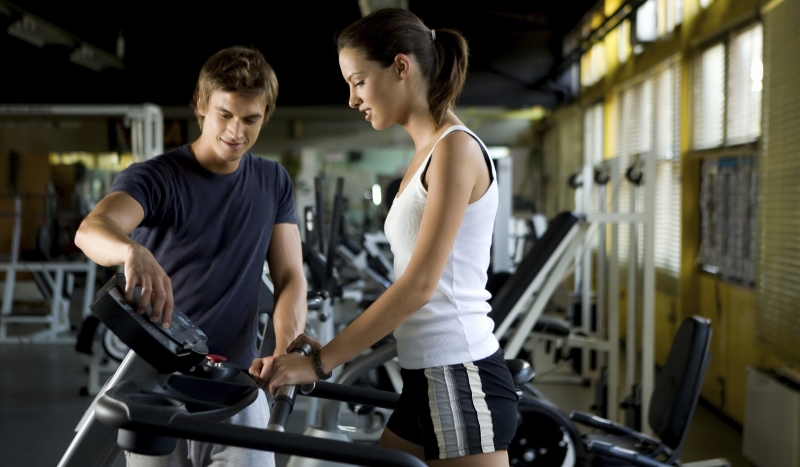Short Burst of Exercise Improves Memory

Even a short burst of exercise can improve memory in seniors who exhibit minor cognitive impairment.
While prior studies have analyzed the effect of regular exercise on cognitive function and health as we age, a new study examines how a short session of intense exercise impacts memory skills.
Researchers from UC Irvine's Center for the Neurobiology of Learning & Memory studied people from 50 to 85 years old, some who had minor memory problems and some who did not. Volunteers viewed photographs of nice things, including animals and outdoor nature scenes. Then some were asked to ride a stationary bike at 70 percent of their maximum capacity for six minutes.
Participants were given a memory test one hour after exercise. Asked to recall details of the photos they saw before exercising, there was a marked rise in memory skills in those who had exercised when compared with those who had not. This was true for cognitively impaired volunteers as well as for those who were healthy.
"We found that a single, short instance of moderately intense exercise particularly improved memory in individuals with memory deficits. Because of its implications and the need to better understand the mechanism by which exercise may enhance memory, we're following up this study with an investigation of potential underlying biological factors," said lead researcher Sabrina Segal.
Segal theorizes that the increase in memory skills may be due to a chemical called norepinephrine, which is released during exercise. Previous studies showed that inhibiting norepinephrine actually hinders memory, while raising norepinephrine levels pharmacologically can elevate memory skills.
The team's prior research also indicates that after exercise, levels of a biomarker called salivary alpha amylase are higher. Salivary alpha amylase is similar to norepinephrine and proved to have a dramatic effect on study volunteers who had memory problems.
For older people who find maintaining a long-term exercise plan difficult, this finding shows that even short bursts of exercise have a positive effect on cognitive function. That's encouraging news, providing seniors with some additional motivation to engage in physical activity.
Reference
- UC Irvine Center for the Neurobiology of Learning and Memory. Sabrina Segal, Carl Cotman, and Lawrence Cahill




